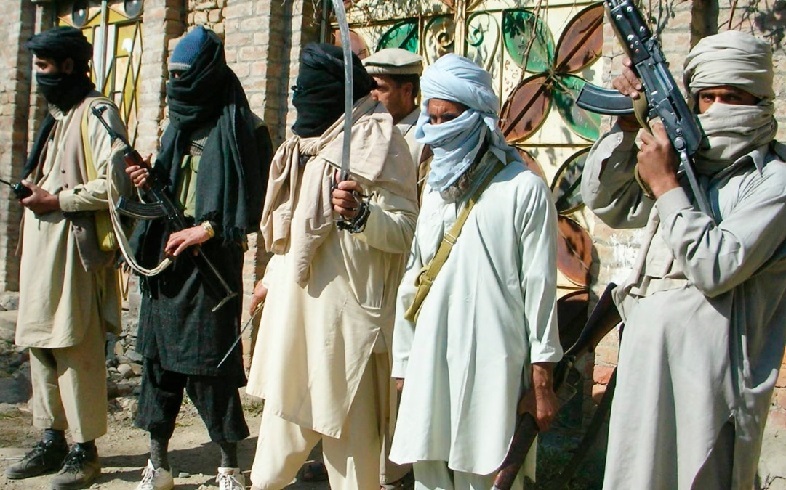The recent attack in Dera Ismail Khan, Khyber Pakhtunkhwa state, which, according to Pakistani officials, killed 23 security personnel, has once again increased the existing tensions between Afghanistan and Pakistan. Following this attack, Pakistan has claimed that Tehreek-e-Jihad Pakistan, an affiliated group of Tehreek-e-Taliban Pakistan (TTP), was involved. For this reason, the Ministry of Foreign Affairs of Pakistan has summoned the charge d’affaires of the Afghan embassy in Islamabad and, while demanding a full investigation of the recent attacks, has asked Kabul to take serious measures against the perpetrators.
This is not the first time Pakistan has made such claims. Since two years ago that the attacks of the TTP group after the end of the ceasefire with the government of Pakistan has increased significantly and caused many casualties to security forces of Pakistan, the authorities of that country have always pointed their finger towards Afghanistan and called this country the origin of and the shelter of the organizers of these attacks. The recent deadly attack once again provoked the anger of the Pakistan authorities and has made Ministry of Foreign Affairs of that country to ask Kabul condemn the attack at the highest level.
It was expected that despite the good relationship that the current caretaker government had established with the government of Pakistan for the past years, after the return of the “Taliban” to power and politics in Afghanistan, the positive interactions of the past would take a wider and deeper form, and the political and economic relations between Kabul and Islamabad took on wider dimensions. It seems that TTP’s activity in Pakistan has made the relations between Afghanistan and Pakistan face strange complications that cannot be easily overcome. From one side, TTP and the Afghan Taliban, which is currently in power, are on the same path in terms of goals and objectives, and both have fought and are fighting for the formation of the Islamic government with their specific interpretation. If you look from this view, breaking the relationship between these two is almost impossible. At the same time, the government of Pakistan is well aware of the current critical situation in Afghanistan and knows that Afghanistan’s economic dependence on Pakistan is a very big weakness that can always be taken advantage of to put pressure on Afghanistan. In this sense, Kabul has almost always been under economic pressure by Pakistan. In current situation, the government of Pakistan intends to impose its demands on Kabul by using economic and human crisis prevailing in Afghanistan and all-round weakness that Afghanistan is suffering from, and in any possible way, the grounds for the presence and strengthening of the TTP in Afghanistan is destroyed removed to destroy TTP more easily.
Despite the fact that the caretaker government has repeatedly assured that Afghanistan’s territory will not be used against neighboring countries and has also denied the presence of TTP-affiliated people in Afghanistan, but apparently Pakistan is still not convinced and believed that a number of people and commanders of TTP are in Afghanistan and they are organizing terrorist attacks in Pakistan.
However, the caretaker government has to consider Pakistan’s official demands and actually take measures to limit the presence of TTP in Afghanistan – even though reports of the arrest of a number of these people have been published by Pakistan media – So that the tense relations between Kabul and Islamabad do not get any darker than now.
It is clear that increasing the darkness of relations with Pakistan does not benefit Afghanistan; because it causes the continuation of that country’s unfair policies against Afghanistan. Economic pressures, including blocking borders and restricting trade and putting pressure on migrants, are tools that Pakistan has used to impose its demands and will do so again this time.











Read More
Even Iran’s Senior Team Couldn’t Overpower Afghanistan – The Fear Was Evident
The Impact of U.S. Aid Cuts to Afghanistan
The Damages of Widespread Migration of Afghans to Foreign Countries